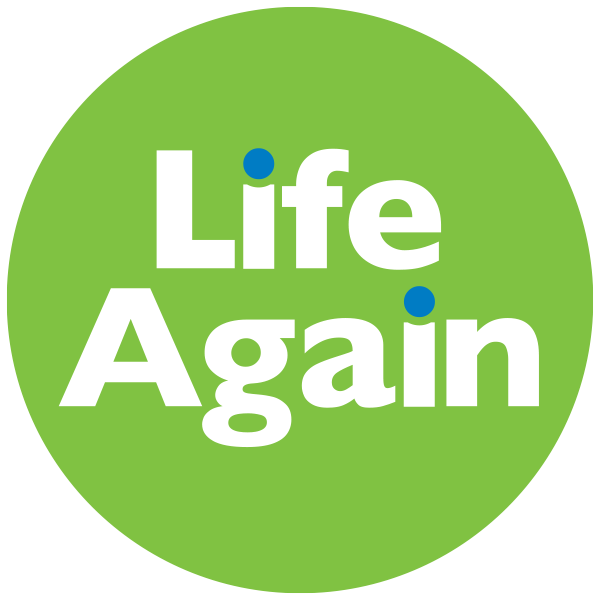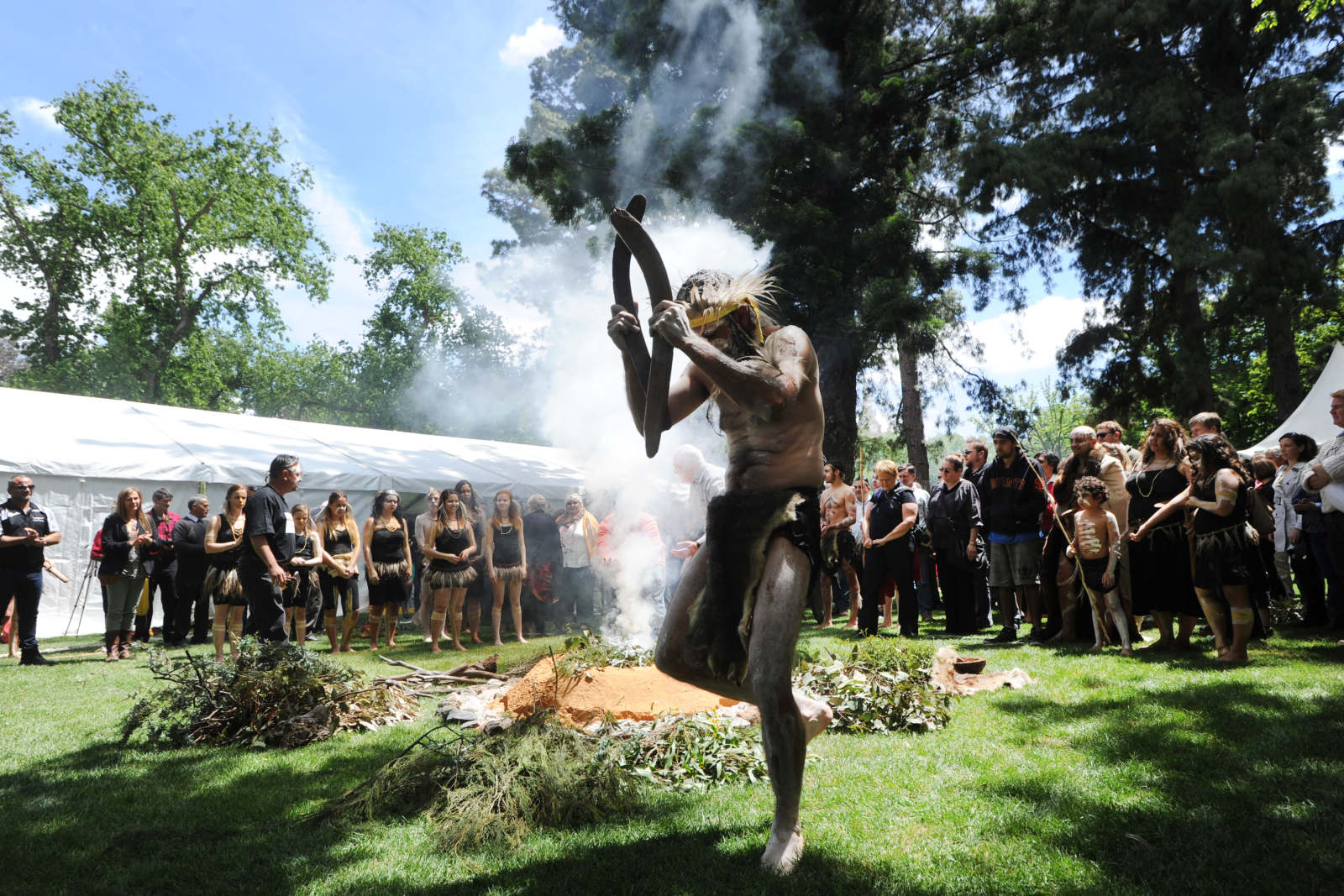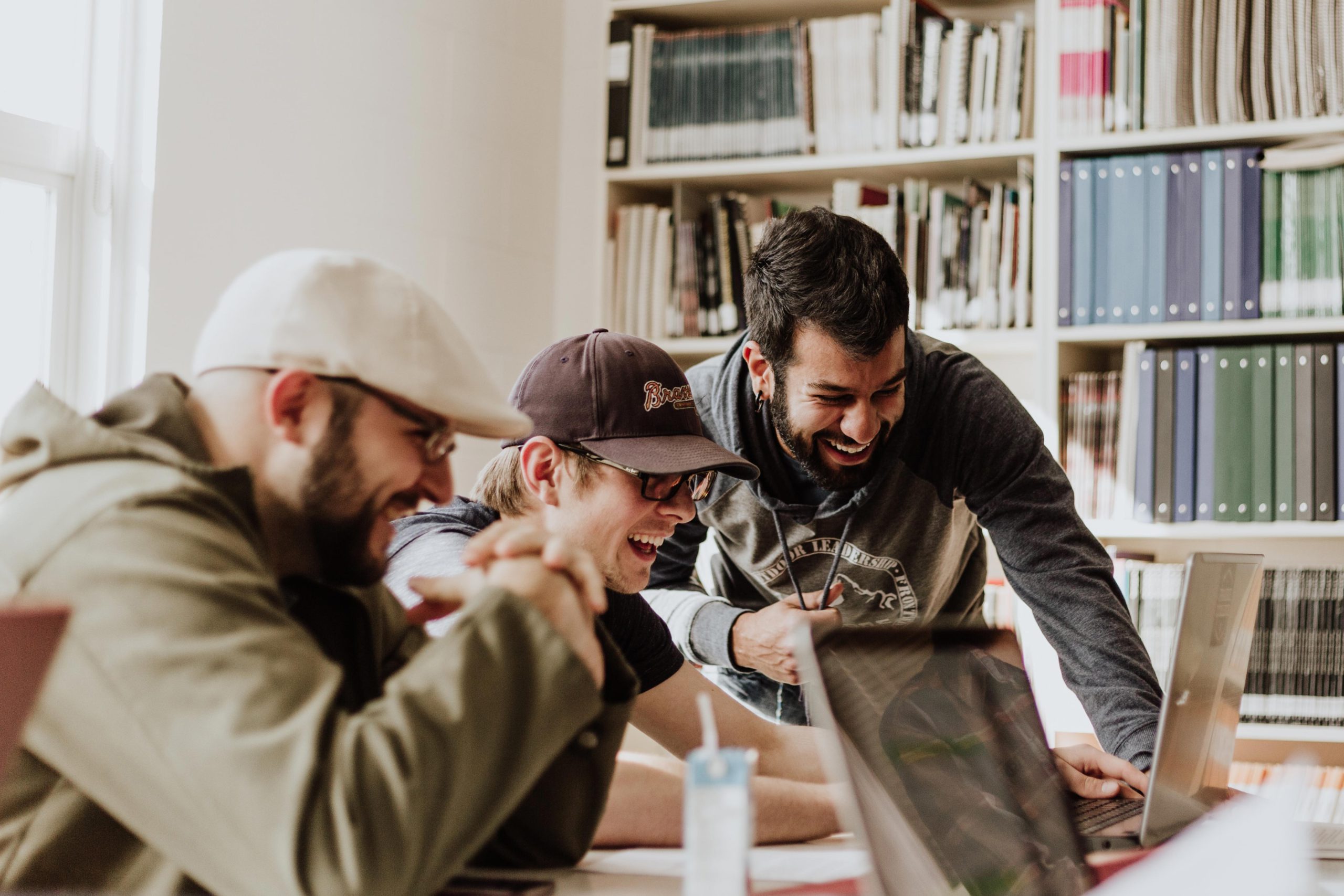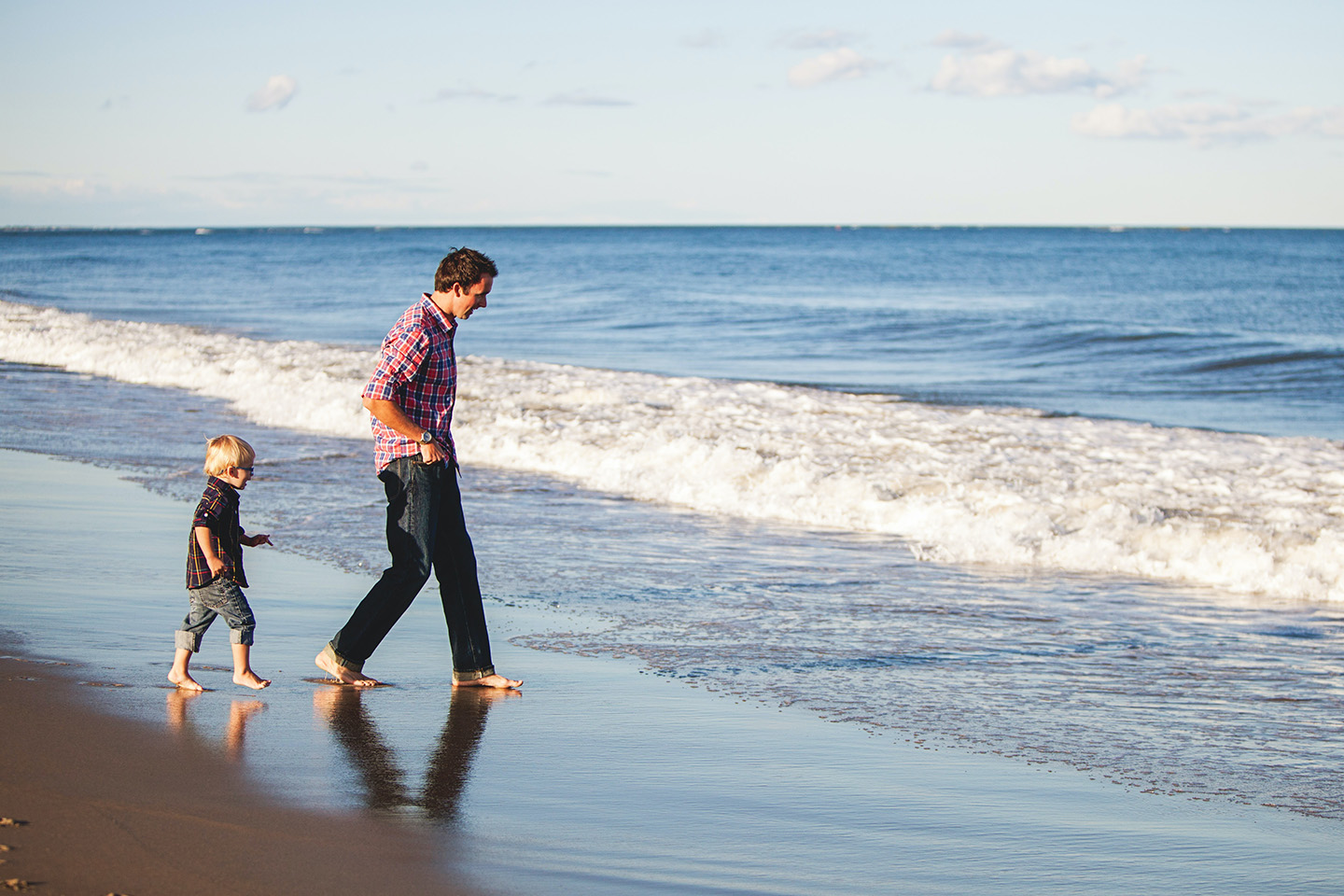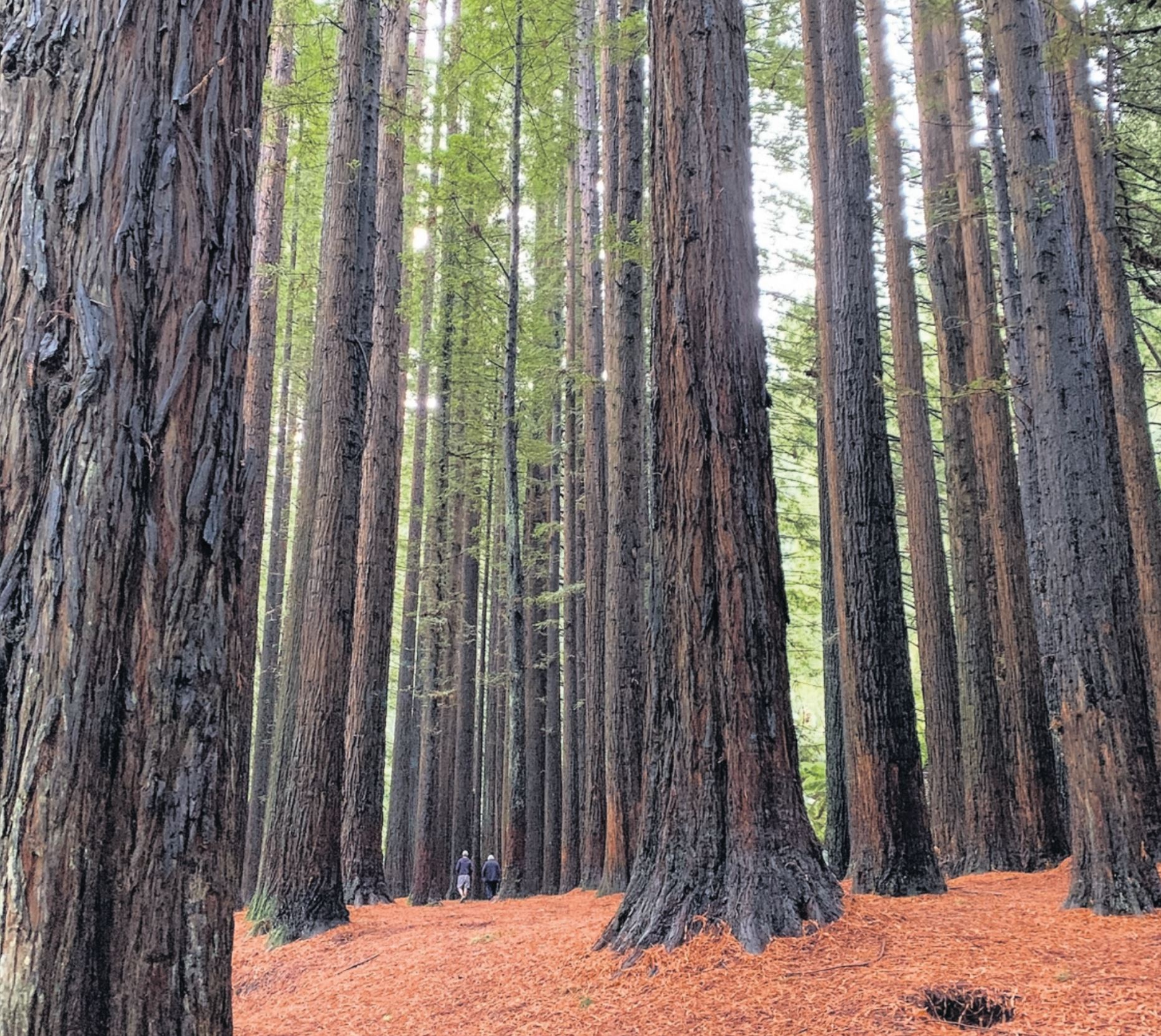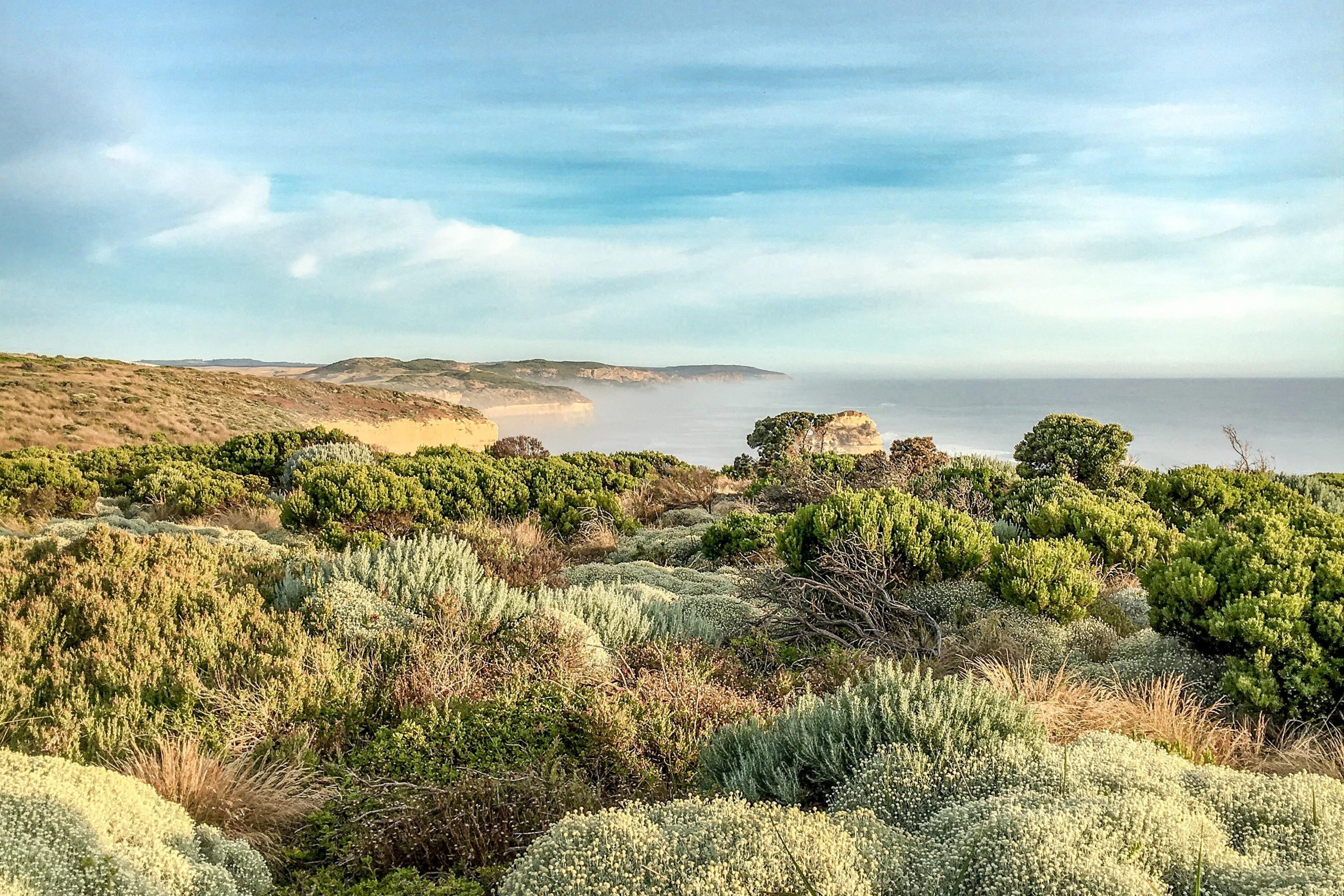FIRST NATIONS VOICES MUST LEAD ON SOLUTIONS
FIRST NATIONS VOICES MUST LEAD ON SOLUTIONS.
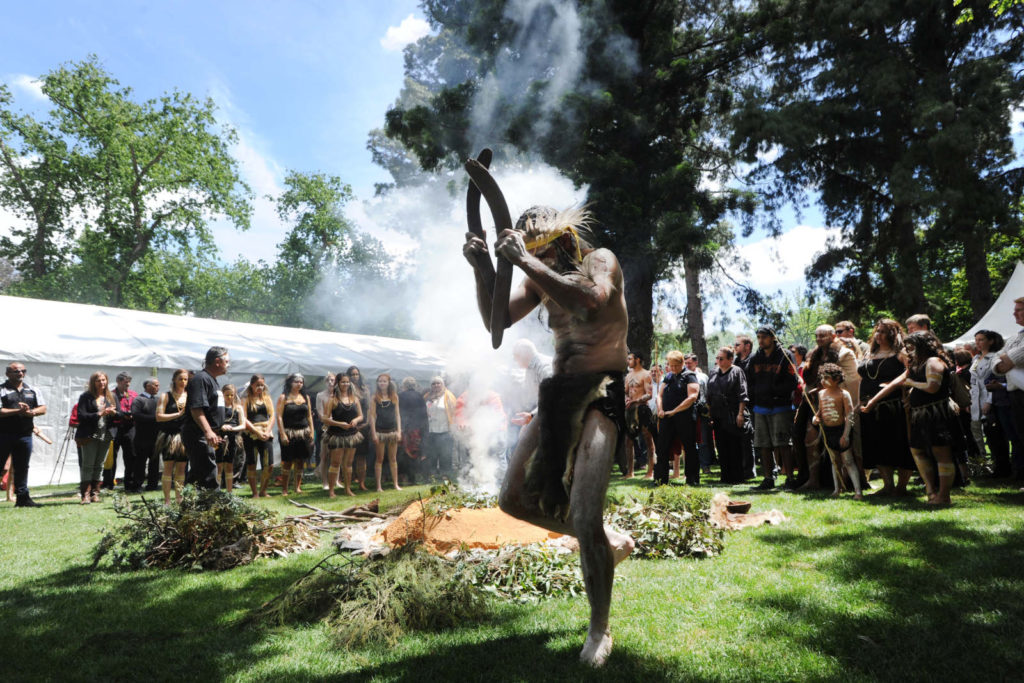
In many ways I am just like many of you. I am the son of a migrant – one of the so called “10-pound Poms” who migrated from England, built a home, a family, and a life. A life that enabled me to graduate from high school and go to university. In these ways I am just like many of you.
Yet I am also the son of a Yorta Yorta and Dja Dja Wurrung woman.
And in this way I am unlike many of you. I benefited from the privilege of being born and raised on Country surrounded by Aboriginal community and culture.
I benefited from being told the true history of this country. And I benefited from understanding early that the systems we navigate have been built by and for those with privilege, white and otherwise.
Now as an Aboriginal cardiologist and researcher I support organisations around the country with a shared commitment to advancing equity for Aboriginal and Torres Strait Islander people. Leading this work would not be possible without Indigenous support and solidarity – across country, generations, and nations.
It also wouldn’t be possible without the support of allies who are willing to critically reflect and resist the unjust structures and systems that produce inequities in this country. One such inequity is the number of Aboriginal and Torres Strait people who choose like me to become a medical specialist.
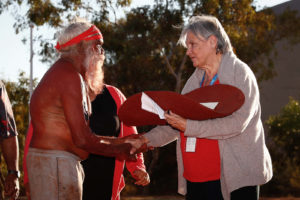
Of Australia’s 71,700 medical specialists only 110 identify as Indigenous. We must ask: Why?
Racism and lack of cultural safety are key deterrents to our mob entering specialist training. So that you can understand what this means on a personal level let me share my experience of training and working within what I call the “problem space” of Indigenous health.
This is not a space that Indigenous people have created. It is a space that has been created for us over 230 years. It is a space in which the people and community you love are reduced to stereotypes of deficit, disadvantage, and dysfunction. A problem space where Western science is valued over Indigenous knowledge.
It is a problem space where standing against racism often means standing alone. Where in addition to your fulltime job, you are expected to be “all things Indigenous” – adviser, mentor, committee representative, community member, cultural safety support, etc.
A problem space where trying to minimise risks to community increases the risks of harm to yourself. A problem space where lateral violence is accepted as the norm.
But perhaps more than anything the problem space is a lonely one where, in ticking boxes for others, you are left with little time to tick boxes for yourself and the very things that
define who you are – connection to country, culture and community.
The problem space itself is a key barrier to delivering tangible solutions that benefit Aboriginal and Torres Strait Islander communities in ways that are meaningful to them. This makes building a solution space for Indigenous health urgent work.
It is time for a solution space that sees advancing health and equity for Aboriginal and Torres Strait Islander people as
everyone’s business. Not just because we need to Close the Gap but because it’s the right thing to do.
A solution space that understands the fundamental importance of Aboriginal and Torres Strait Islander people being empowered to lead this work in culturally safe and responsive workplace environments.
A solution space where Indigenous people can focus on achieving their full potential without being weighed down by the cultural load that comes from being Indigenous. A solution space
where race science, deficit narratives and short-term fixes give way to Indigenous-led and community-aligned research and solutions.
A solution space where lateral violence is recognised as a manifestation of internalised oppression rather than an expression of Indigenous culture. A solution space that understands we cannot achieve meaningful change without understanding the true history of this country and how this history continues to shape the ways in which we are born, grow, work, live and age.
A solution space that understands we will not just get over it.
The solution space I envisage aligns with the Uluru Statement From the Heart because it privileges Indigenous voice, gives truth to Indigenous realities, and understands Treaty as the road we must travel to address something that is entirely ours and has always been ours – what the statement describes as “the torment of our powerlessness”.
We have the roadmap. Let’s work together to build a solution space that allows the next generation of Aboriginal and Torres Strait Islander leaders to thrive and achieve full flight – beyond the problem space.
Article From
The Age - May 23, 2021 - link
Author’s Bio
Associate Professor Luke Burchill is Australia’s first Aboriginal cardiologist. He provides leadership across a number of organisations including the Royal Australasian College of Physicians and HeartKids Australia.
6 WAYS TO BUILD WORKPLACE RELATIONSHIPS
6 WAYS TO BUILD WORKPLACE RELATIONSHIPS
By Alex Morrison.
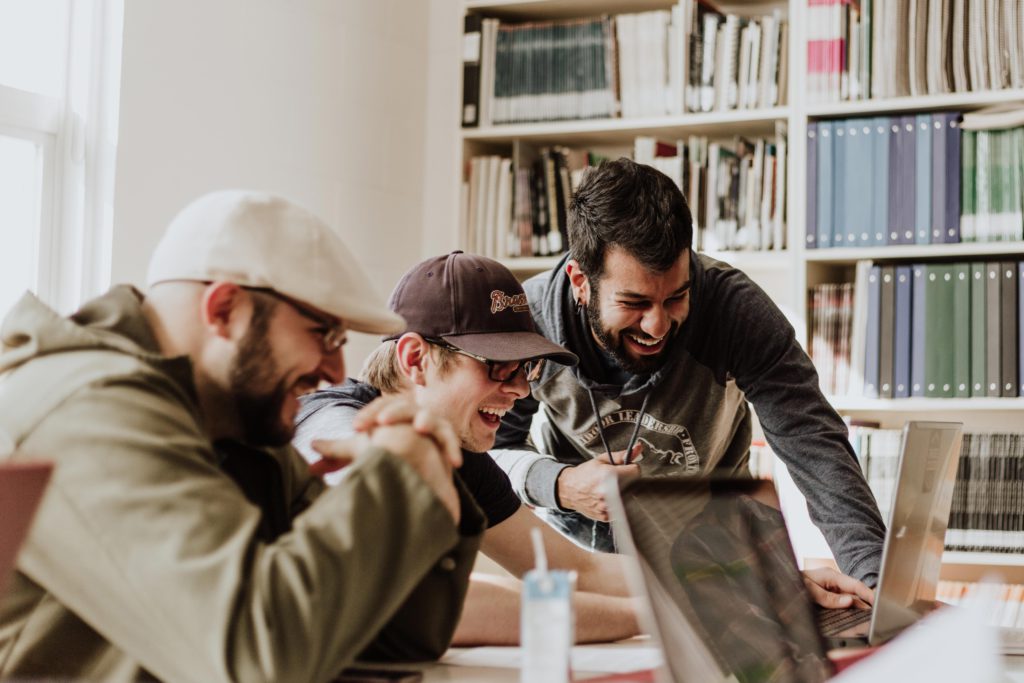
Being able to understand others is a great gift but it often takes time and effort to develop. Building a good rapport with colleagues not only makes for a happier workplace but a much more productive one where everyone feels valued, which spurs workers to do their very best.
Effective communication can’t be underestimated in building effective workplace relationships.
International consulting firm Gallup(1) found that where a person had a best friend at work they were up to seven times more productive and engaged with their job. Even if the friend wasn't their ‘bestie’, just having a good friend at work made them happier.
If your workplace needs a boost, we have six valuable tips for building relationships that will garner loyalty and enthusiasm to produce and create a better work environment. Keeping valued staff is vital to your success so read on:
1. Recognise and Respect Everybody
We know people come in a variety of shapes, sizes and temperaments, with varying levels of education, differences in culture and ability, and each has a quality unique to themselves. Interpersonal skills and emotional intelligence are important and appreciating the differences in your team can enhance its effectiveness.
Respecting everyone, celebrating each person’s approach to problem-solving can save time and money and enhance your team’s creativity. Don't automatically expect each of our colleagues to work in the same way you do. Do unto others and respect everyone’s way of working as you would like them to respect yours.
2. The Term ‘You’ is Important
Nobody likes being talked at and lectured to by a boss or a co-worker. It creates resentment and is bad for developing communication and productive friendliness in the workplace. It’s important to learn to listen, take turns when communicating and use the word ‘you’ in a positive way.
Engaging a colleague or superior in your ideas entails acknowledging what they have to say, paraphrasing, and asking questions is powerful. It’s easy to ask ‘what do you think of that?’ or drop a ‘thank you’, ‘good job!’, ‘awesome’ or ‘I really appreciate your efforts’ into a chat.
3. Show People How Much You Care
There was a time when emotion and business were anathema to each other. But we now know how important respecting emotions are in building healthy workplace relationships. Being authentic and empathetic is also crucial (while some in the upper echelons of power need empathy training, most people can empathise with others but may need a reminder).
Empathy is the ability to see, understand and share the thoughts and feelings of someone else, be that an animal or even a character in fiction. Laugh with your colleagues and if someone needs a shoulder to cry on, be there. Natural horsemanship trainer Pat Parelli says your horse doesn’t care how much you know until he knows how much you care. Same goes with your colleagues. If they know you care about them they will listen to you.
4. If You Have Something in Common, Share It Freely
Even though we are all different, we have a lot in common.The same goes with your work colleagues who are employed by the same firm, and often on the same projects or even production lines. If the company is successful you share that pride with your workmates, and if there are losses you feel the same disappointments.
Because your work fellows possibly react emotionally to life events the same way you do, there are human, common connections. When you feel you can, it builds bonds to share your personal stories and to talk with enthusiasm about the job - this can be infectious and lead to a happier workplace.
5. Ask Your Workmates Questions
Considering how much of their lives are spent at jobs, a healthy work environment helps in every area of their lives. And by asking questions, you can come to an understanding of who your colleagues are and this builds trusting, long term work relationships. Use a tone that doesn't make colleagues feel inferior, or superior but on the same wavelength. You can ask how much they enjoy the work, what’s most important to them, and how you can stay in touch. To connect and understand others is simple but you have to want to do it.
6. If Someone Needs Help, Dive In
Helping one person can mean you’re helping a lot of people. Being a helpful workmate can go a long way towards building a healthy and productive business. Help can range from a small favour, to taking phone calls if a colleague is at lunch, to helping reach a deadline or working a weekend. You don’t want to become the sole helper in the office, so only help if you genuinely can without compromising on your own time and tasks. So be aware of the difference between being used and being helpful.
At Life Again, our reason for being is to help men connect using storytelling and creating safe places where they are heard and valued and how to give back with selfless acts of kindness.
References:
Author’s Bio
Alex Morrison has worked with a range of businesses giving him an in-depth understanding of many different industries. He has used his knowledge and experience to work for clients as diverse as Adroit Insurance, Simple Biz and Corporate Work Health to help them reach their business goals.
GETTING OUR FILL OF LIFE AGAIN
GETTING OUR FILL OF LIFE AGAIN
By Gareth Andrews
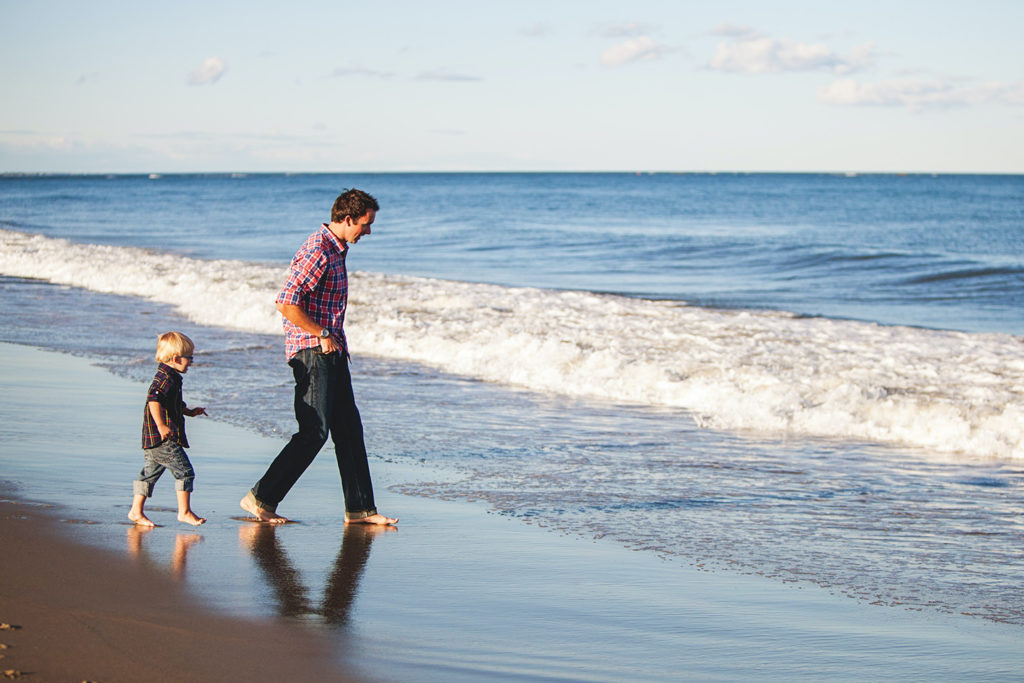
Towards the end of 2020, those of us living in Victoria, no matter where, suffered through lockdown. For Melburnians, it was one of the harshest lockdowns in the world. For much of it, we were restricted to not travelling more than 5km from home. For the entire lockdown, we were unable to leave town itself. Quite simply, we were not able to go anywhere, see anyone, care for family, or take a break from life.
The essence of life is connection and touch — a hug, a kiss, a shoulder massage, a foot rub, and it was all gone. We momentarily lost what it is to be human. We were fully masked and distanced!
Last winter, I spoke about the wonderful power and positive influence of nature. I was urging everybody to hit the world of nature and to get a good mental “fix” by doing so. Judging by the traffic I’ve recently experienced when heading down to Geelong and beyond a couple of times, we are all now behaving like escaped lions. We are getting our fill of Life Again (which is exactly the reason I chose this name for our Foundation eight years ago).
Nowadays, we need to focus on what changes we are going to make now that we are emerging from our COVID bubble — and praying that we don’t go back there ever again. The word that comes to mind for me is WONDERMENT. I love other powerful words such as awe, curiosity, fascination, amazement, marvel… but none captures the humanness of wonderment.
It’s almost like watching the world through a child’s eyes and imagining all of their first experiences.
Their womb has been their lockdown and suddenly they enter the world and start to look around their environment and “see”. Maybe they don’t say “wow” but I do expect they feel it!
Sadly, as we grow older, we have too many conflicting experiences weighing us down to be able to recapture the power of this early feeling of wonderment. We have stopped looking, or actually stopped really opening our eyes. We have become blind to what’s beautiful and too rational to rate its specialness in our lives. As I suggested in the previous article, nature is the perfect first place to look.
In my last year of school, I received a prize on Speech Day – a beautiful copy of Rachel Carson’s book Silent Spring. I knew nothing about it, and it looked far too heavy in content to interest me at the time. I placed it on the shelf, but I kept hearing about the impact it had had on man’s contact with nature. When I finally read it, I found myself taking more of an interest in the broader world. I had travelled but never dug deeply enough into the essence of where I was: the ultimate nature of a thing especially as opposed to its existence. Superficial observation rather than immersion.
Carson wrote a further book, The Sense of Wonder, where she said, “Those who dwell, as scientists or laymen, among the beauties or mysteries of the earth are never alone or weary of life… Their thoughts can find paths that lead to inner contentment and to renewed excitement in living. Those who contemplate the beauty of the earth find reserves of strength that will endure as long as life lasts.”
It’s not just about getting out and about, but trying to soak in everything you are seeing.
And it’s not just about seeing things, it’s experiencing them. Go into some of those areas that were fire ravaged last summer and learn more about how and why it occurred. Would adopting some of the fire-controlling techniques of our First Peoples have made a difference? Marvel at the first golds and reds in the autumnal leaves. Reflect on this for a while and realise that this will go on ad infinitum, long after we have gone from this world.
Rediscover your childhood and play games with your kids. Read them Alice’s Adventures in Wonderland. Even your young adult kids. Teach them, and yourself, to never get so buried down in life that you can no longer see the forest for the trees. Meander along beaches and rivers in wonder. Find shells, crustaceans, cuttlefish, snails, jellyfish. Go home and learn about them.
Lie on your back under massive Mountain Ash trees on Maits Track in the Otways, west of Lorne, seeking glimpses of the sky through this mighty majestic greenery. Wind down your windows and breath the nakedness and freshness of it all.
As Rachel Carson told us, you’ll never weary of life if you seek and find life wherever you are. Netflix, Facebook, Instagram and Zoom might have held us together through a hard lockdown but they don’t necessarily inspire us. Be inspired and filled with wonderment and never let it go. Otherwise, it’ll be too late.
Author’s Bio
Gareth Andrews - Founder and Director of Life Again, a registered Not for Profit charity that educates and helps men to change and lead more fulfilling and purposeful lives. Through writing, public speaking, taking men to the Outback and working with Aboriginals, workshops and personally challenging men.
FINDING A NEW WAY IN THE OTWAYS
FINDING A NEW WAY IN THE OTWAYS
By Gareth Andrews
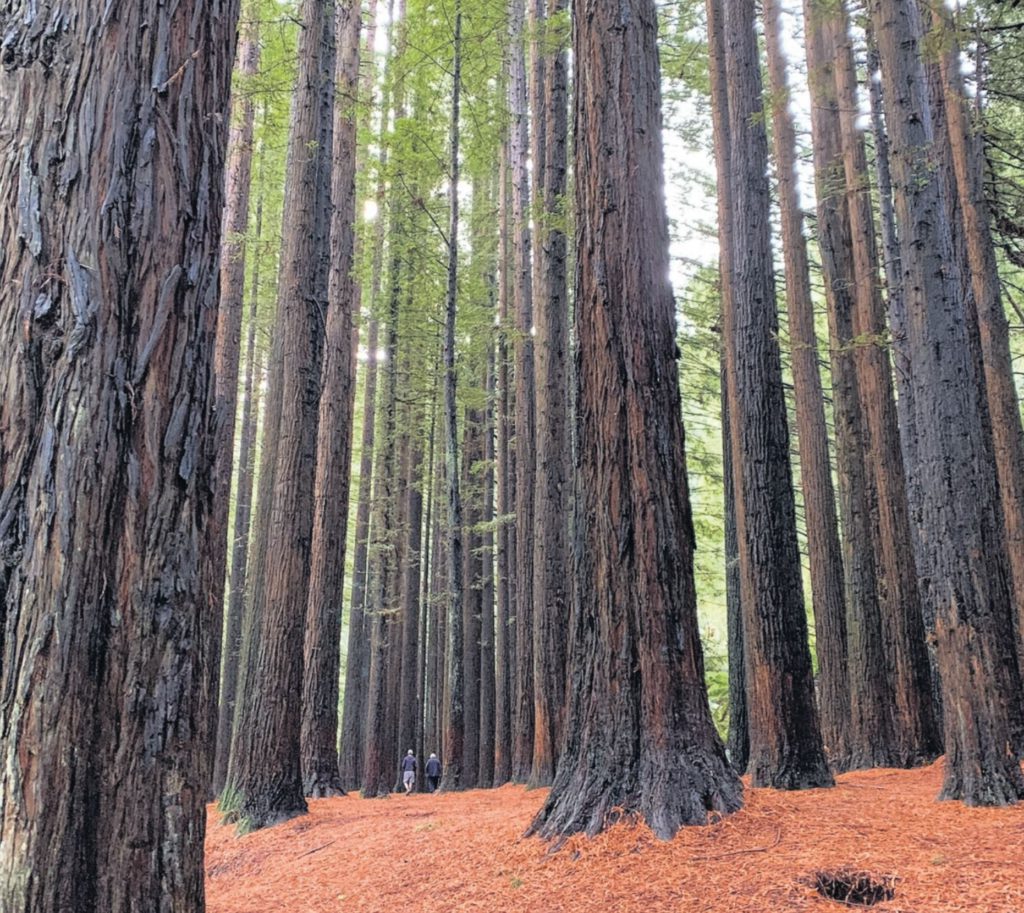
An unplanned trip taught me about getting to know places and friends. I was born and bred in Geelong. I feel quite proud about it, though many of my colleagues still give me that ‘‘poor you’’ look. Back in the ’50s Geelong didn’t appear to have much going for it, but that didn’t stop my father telling me how lucky we were to be born there.
He was on the city council for half a lifetime and mayor from 1959 to 1961. He went to Europe a couple of times, came home, took us kids down to the foreshore, and told us there was ‘‘nothing over there’’ which was a patch on Corio Bay.
‘‘Toss them all together – Lake Como, French Riviera, Lake Geneva, the lot – and none of them would be a patch on the pure beauty of Geelong.’’
For our summer holidays, from Christmas Eve until the end of January, he would take us all the way down to Torquay, plonk us in our asbestos-clad holiday house, and feel that he didn’t need to go a step further. About 16 miles in the old language. Not far, but far enough. He even threw the dozen or so chooks into the boot in a hessian bag because they would have to come with us. About half of them lived to tell the story each year.
The Ford Prefect was too small to cart around the family of six, petrol was ‘‘expensive’’, and in the main we didn’t want to travel with the old man as he’d puff on his pipe with the windows tightly wound up. He wouldn’t offer and we wouldn’t ask.
For 20 years Anglesea, Aireys Inlet and Lorne weren’t on our radar. Too far. Apollo Bay wasn’t even mooted. Wye River – where’s that? It was the front beach, the surf beach, Fisho’s or my mate’s backyard for the endless summer Test match, all at Torquay.
My reason for dragging up this history is to defend my total lack of local knowledge of an area that would be seen as in my ’hood. I’m talking about the Otways, the large chunk of heaven that lies about 50 kilometres from Torquay.
Of course, since those youthful days, I’ve been down the Great Ocean Road many times, I’ve holidayed at Lorne, overnighted atWye River, wined and dined at Skene’s Creek, swum and run along many parts of the shoreline. But I’d never been into the Otways ... and no, seeing Erskine Falls doesn’t count. It was only recently that I finally got to see the Great Otway National Park. Like some of the best things that happen in life, it was totally unplanned and unstructured.
It taught me about a friend I’d known my whole life but who I never ‘‘knew’’. It taught me about how simple it can be to get away from our screens or lethargy and add depth and wisdom to our lives. It taught me again to get off my arse and not waste another minute of my precious time.
It started with a random phone call, followed with the classic ‘‘we must catch up!’’. This time I really meant it. He was in Lorne. I was in Melbourne. The call had ended. Bugger it – no time like the present. I rang straight back and arranged for a two-night sleepover a couple of weeks later. There was no further planning needed – that’s what blokes are like.
Let’s give this friend a name. Johnny will do. Johnny had been a Geelong/ Lorne boy for as long as I’d been a Geelong/Torquay boy. Although we’d grown up living in the same street, the tyranny of distance in our education and schooling meant we knew very little of each other. He excelled in sports but he wasn’t a footballer. Our paths rarely crossed, two men knowing ‘‘of’’ but not quite ‘‘knowing’’ each other.
I thought we’d just hang out for the day at Lorne, but Johnny had other ideas.
‘‘Let’s go to the Otways for the day. We’ll drive off along the coast and turn into the Ranges at Kennett River. By the way, have you ever seen the Redwood Forest?We’ll buy mineral water, a bit of fruit, some sausages, and take a BBQ. We’ll put a bucket of water in the boot to put the fire out. You’ll love the
redwoods.’’
We hardly get the opportunity to go off-script in our modern lives. Johnny had decided that we had to lose ourselves for the day in ‘‘his’’ Otways, and see what we could discover. Redwoods? I thought. I had seen the mighty sequoias in California ... but in the Otways? Pretty far-fetched.
We lazily left Lorne and drove to Kennett. The international tour bus brigade had beaten us there, with a king parrot and cockatoo bird-feeding frenzy in full swing.We drove off left through the small crowd and instantly we were in the misty forest. There were still
plenty of tourist outriders, discovering koalas in the wild within walking distance.
We were getting deeper into the Otways, reaching the wet, misty forests that cloak their south-facing slopes. This is the home of the mighty mountain ash and their smaller masters-at-arms, the blackwoods. At their feet, a diversity of ferns, including the ubiquitous tree ferns and the bat’s wing fern. From the driver’s seat Johnny was a wealth of knowledge, and I soaked it in.
In the meantime, we discovered tales that probably neither of us had been brave enough to tell. It had taken this drive to flush it all out.We were cocooned by the forest. Perhaps we were humbled among nature’s ancient giants. Our phone connection was limited and Googling was out of the question.We were digging deep. Coasting down the sinuous Turton’s Track, it seemed we were at the edge of the world. I remember reading somewhere that this 12-kilometre stretch is numbered one of the five most incredible rainforest drives in Australia.
‘‘In my childhood, my father loved to take us on ‘adventures’,’’ Johnny told me. ‘‘One of his special places was Turton’s Track. He would turn off the engine, release the handbrake, then roll ‘Jane’, our old 1951 Plymouth, silently down the long, winding, gentle and unmade slope. The scents of the forest would jostle with the impossibly tall, straight mountain ash and with the dripping green prehistory of the Dicksonia antarctica tree ferns nipping at the open windows.’’
Johnny said how wonderful it was to sense and feel the same hush and awe from me as his father must have felt from him those many years ago. He then launched into the Aboriginal history of the Otways. He knew all about the lyrically named Gadubanud tribe and their five clans: the Bangura, the Guringid, the Ngalla, the Ngarowurd and the Yan Yan Gurt.
Despite their having called these forests home for centuries, they have been all but forgotten. Locally the names now used are almost exclusively those of our earlier settlers or early sailors. One name that especially galled John was that given to the Otways’ highest peak, Mount Cowley, named for an early area surveyor: ‘‘How could the name of a syphilitic drunkard grace this nimportant landmark?What about some of the Aboriginal options?’’
Having passed the impressive Hopetoun Falls, we had reached the Redwood Forest. Following my Californian experience, it was thrilling to find a small plantation deep in an Australian wilderness. I subsequently learned that these sequoia sempervirens were originally planted in 1932 as a logging experiment but were never cut down.
Standing at 60 metres they are still only half the height of their fellow Californians, but with the rich soils and plentiful water of the Otways it is likely that they may grow to be the tallest stand of trees in the world. Sadly I won’t be here to see that, but I suspect many will. Stretching your neck up to the sky or lying down against a tree in the soft mulch of leaves is a special and serene experience. It’s a fairytale. It is magic. Yet, it had taken me over threescore years and ten to find it.
Completing the road down to Apollo Bay and then taking the Great Ocean Road back to Lorne, Johnny had kept his promise. I had experienced a different, more humbling and tranquil Otways.
To think this has been at my back door all my life.We all have to dig a little deeper.
Author’s Bio
Gareth Andrews - Founder and Director of Life Again, a registered Not for Profit charity that educates and helps men to change and lead more fulfilling and purposeful lives. Through writing, public speaking, taking men to the Outback and working with Aboriginals, workshops and personally challenging men.
TERRY WATERS RISES ABOVE THE PACK
MY FLATMATE, THE COLLINGWOOD CAPTAIN: TERRY WATERS RISES ABOVE THE PACK
By Gareth Andrews
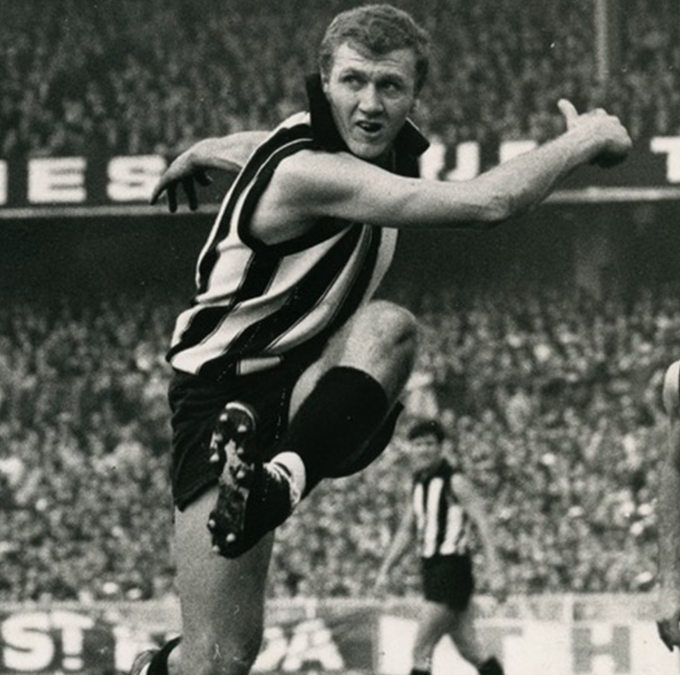
I can clearly recall the song Welsh-born Mary Hopkins sang in 1968. The lyrics tell the story of the time: “Those were the days my friend. We thought they’d never end. We’d sing and dance forever and a day.”
It was a great time to be alive and young. It was a great time to be playing VFL football. It was only two years later that I met Terry Waters. 1970: 50 years ago, 50 years before COVID-19, 50 years since a dagger was stuck through every Magpie’s heart as they lost the unlosable grand final.
It still seems like yesterday and by a quirky fate I was in the middle of it. How did this Geelong player get tangled up in all of this? The truth is I wasn’t tangled but I watched from close range and bled for my new mate.
Late in 1969 I was playing with the Cats, working and living in Melbourne and looking for a new flat and flatmate. My old one had moved on and through a friend of a friend I discovered that Collingwood star Terry Waters had a spare room in Avoca Street, South Yarra. I’d only seen Terry on the field and admired his skills and agility. We knew each other by name only but the rent was cheap, the room was huge, the location was perfect, and he seemed OK for a Collingwood player.
In fact, it was around that time that Des Tuddenham and Len Thompson put it on the club for more pay and Tuddy lost the captaincy. I was now flatting with the new Collingwood captain. Tuddy and Thommo played on.
If you saw the flat you would understand why the rent was cheap. You would also understand why Tuddy was wanting more money. Footy back then didn’t lead to anything grandiose. Quite the opposite. Everything was old in appearance and practicality. The carpet was threadbare and a layer of dust had filled the gaps. When Irish the resident red setter couldn’t sometimes make it to the door in time the result was untraceable on the carpet. We discovered the hard way.
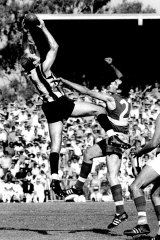
As the year went on, Terry and I became good mates. First and foremost Terry Waters was a great bloke. Usually on a Saturday morning we would take turns to cook breakfast. The kitchen was a disaster zone, but our cooking didn’t devalue it in any way. We would then go out in the backyard and start handling the ball. Short kicks, handpasses, baulking each other and taking the total mickey out of each other.
In round 15 of July 1970 we were due to play each other at Victoria Park. Geelong were sitting fifth and Collingwood first. A crackerjack game was expected and Terry and myself went into our caves. I was playing well at the time and eventually came runner-up for the season with Geelong.
On the Thursday night I went down to Geelong to train and Terry trained with the Pies. Being captain, he sat on the selection committee as was done those days at some clubs. They sat after training.
We arrived back in South Yarra later that evening and Terry said: “We’ve got a special plan for you, Andrews.” I didn’t give it a thought.
Come Saturday morning, the stand-off continued. About two hours before the game he asked me how I was getting there. I said “by car” knowing that I’d be parking about a mile from the ground. He had the prime position beside the entrance gate. He reluctantly said I could come with him.
Somewhere well short of Johnston Street and the ground, he pulled over and asked me to get out. He didn’t want anyone to see him with me. I might as well have driven.
A big crowd was in and the toss proceeded between the two captains – Terry Waters and Bill Goggin. I took my starting position and just before the siren was sounded, my flatmate walked up beside me and in his flattest, cheekiest voice said, “I’m the special plan”.
The Pies won by 29 points. I’ve just discovered that Geelong had me as second best for them on the day. Terry didn’t figure. I’m glad I couldn’t ever tell him that. He wouldn’t believe it.
We remained long-term mates. Twice I almost lost his friendship as I asked both Terry and Teddy Hopkins – of 1970 grand final fame (or infamy from a Magpie view) – to be guests on a function table. Teddy had become a mate of mine, but Terry hadn’t become a mate of Teddy.
Terry loved Collingwood and the whole Magpie army loved Terry. Terry never forgot where he came from and was proudly a Dandenong boy to the end. Family, friends, workmates and old flatmates were all blessed and plain lucky to be part of his life.
Author’s Bio
Gareth Andrews - Founder and Director of Life Again, a registered Not for Profit charity that educates and helps men to change and lead more fulfilling and purposeful lives. Through writing, public speaking, taking men to the Outback and working with Aboriginals, workshops and personally challenging men.
NATURE
NATURE
By Gareth Andrews
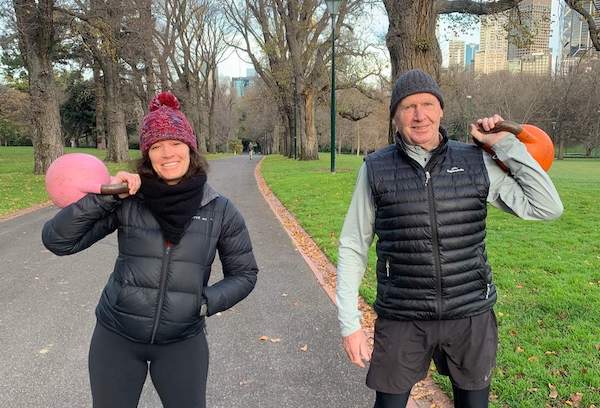
I might never go back to a gym. For 17 years I’ve assiduously trained with my amazing trainer Emma twice a week and seemingly kept various gyms in business. Despite the need for gyms to play increasingly loud music and for people to talk on phones whilst pressing weights (which of course shouldn’t affect me), I have persevered. There was no alternative was there? But then along came Covid and the gyms were closed. Emma and I headed to the park and I had an unexpected awakening. Exercise took on a whole new dimension.
being outside in Nature is perhaps the safest way to find healing and solace.
With fixed park benches, mats, a few kettle bells, straps that suggested erotic entanglements, and other similar small apparatus, we discovered a whole new world. The early autumn mornings were cold and testing but often the glorious sun arose. We are now into our second Covid coming and winter is even more of a challenge; but something hasn’t changed – the glorious outdoors and the magnificence of nature. Last week I lay on my mat for five minutes after my workout (I think that’s allowed) and stared up at the mighty canopy above. My heart was pumping from the workout. It seemed like an extra exertion had been made. Out of my designated cave it was good to be alive.
It was during the drama of the bushfires early this year that I began to think more clearly about the great outdoors and the importance of nature in our lives. I felt almost equal grief for the people who were suffering as I felt for the loss of our majestic forests. It was a tragedy whichever way you looked at it and, for possibly the first time ever, I felt the power of what we were all losing. Trees that are centuries old, some of them powerful giants of immense beauty, are irreplaceable in our lifetimes. We will miss them but over time they will regrow and future generations will enjoy them. The earth is eternal – we are not, although certain beliefs argue that we are. But that’s for another day!
Connection to Self and Others is the essence of life
My late arrival at the importance of nature in my life had grown from my personal search for meaning and ongoing building of the Life Again story of Connection. Connection to Self and Others is the essence of life but through my trips into the Australian Outback I realised the emotional energy that comes from connection to country – and so the land – was almost an equally vital part of the jigsaw. As I studied the Aboriginal manner of culling and protecting their forests and bush, I understood that they understood. They understood that we are all in this together. Man and Land.
And as suggested earlier, it was during the first Covid lockdown I realised absolutely how important nature is for all of us. We are born into nature. That very word, nature, comes from the Latin natus meaning “born” and this is the essence of who we are – part of Nature from the moment we’re born. The bigger and more crowded cities become, the more technology becomes all-consuming, the larger our egos, the greater our disconnection from others, the more our souls cry out for what’s real. No wonder the explosion of desperation and the resultant cries for help during Covid. But Covid has only exacerbated our labyrinth of woes. It’s how we live. Especially during lockdown.
but something hasn’t changed – the glorious outdoors and the magnificence of nature.
But we can change the mix. CONNECTION TO NATURE is a critical Pillar of Life Again. I am certainly not the only one to recognise the link. It’s a call-out from all quarters. I have been reading some amazing books recently which seem to be a part of a movement. They are not political although they have their political undertones. The Overstory by American Richard Powers won the Pulitzer Prize for Fiction in 2019 and was described by Tim Winton as “A masterpiece”. The UK Sunday Times called it “An immense and intense homage to the arboreal world”. To me it’s a total call to nature. I know so little. And my new favourite I’m reading is Fathoms, a book on whales by Australian Rebecca Giggs. It shows us how we might feel about animals in a time of technological change and ecological crises. Again, it takes me away from the murky world we are living in and lifts me back into a world of light and possibilities. It’s refreshing. It’s like the breeze blowing on my face. As I recently read, in the midst of an ongoing pandemic, being outside in Nature is perhaps the safest way to find healing and solace.
The key is that the moment you get out of lockdown unrestricted is the moment you can unlock this opportunity to begin again. For starters, travelling abroad will be impossible for some time so it’s the opportunity to explore your city, your state, your country. How wonderful is that? Think positively about what you will see when you’re out there. Some of these places you may have seen before – often many times – but imagine seeing them through new eyes, through fresh eyes, through inquisitive eyes, through “thinking” eyes.
As I lay down last week looking up from my exercise mat, I heard a noise. A young lady walking through the park. She had technology hanging off her head, her ears, her hands. Her head was down. It was as if she was wandering through a wonderland blindfolded. I wished I could have said something to her. But she wouldn’t have heard. Sadly, she’s not alone.
Author’s Bio
Gareth Andrews - Founder and Director of Life Again, a registered Not for Profit charity that educates and helps men to change and lead more fulfilling and purposeful lives. Through writing, public speaking, taking men to the Outback and working with Aboriginals, workshops and personally challenging men.
START YOUR LIFE AGAIN WITH NEW STRATEGIES
START YOUR LIFE AGAIN WITH NEW STRATEGIES
By Gareth Andrews
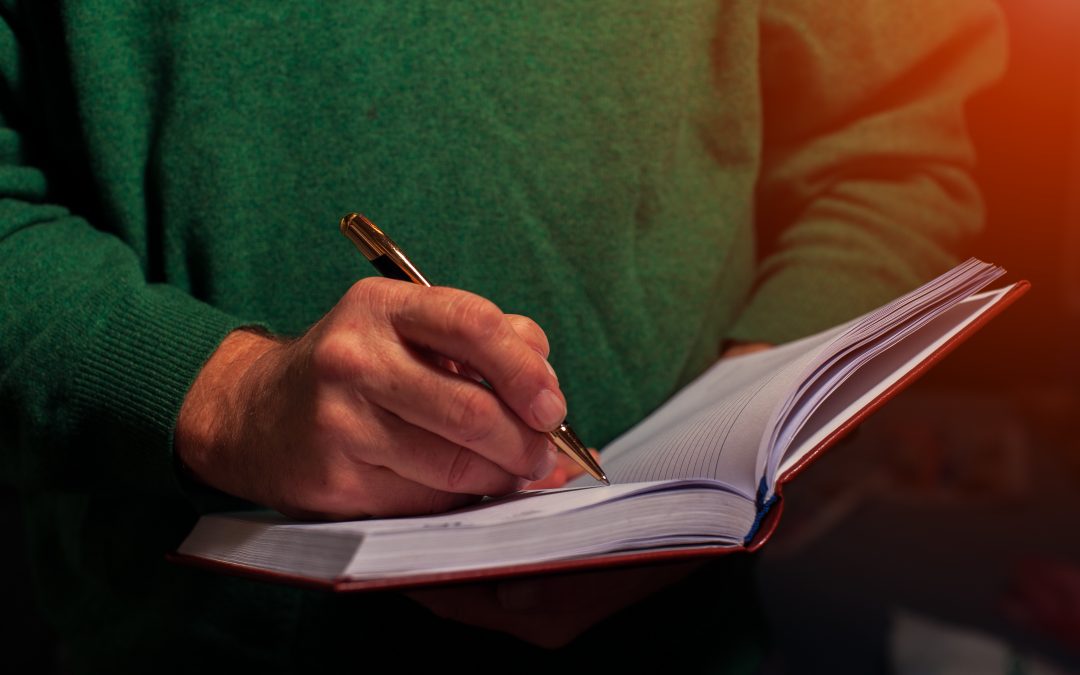
It’s a difficult time in everybody’s life at the moment. We are all an island unto ourselves as we deal with the hand that we have been dealt. We all handle it in our own way and the pressure can be totally dependent on our stage of life. Young kids are demanding, but so are older kids. The expectations we put on ourselves differ between us. Some like the quiet life at home, others are cut from a different cloth and need to get away. Marriage or relationships can carry their own burden with the pressure cooker effect that isolation can impose.
In my life, I’ve only ever been able to imagine the devastation to people’s lives that World Wars inflict. My parents went through this as young home makers and parents. Their lives started with the First World War. Imagine. The Corona epidemic is giving us our own window into what that might have looked like. Fortunately at the time, they didn’t have the 24 hour endless barrage of news from the “front”. They were able to get on with their lives – totally restricted of course – but without the brutal analyses and updates.
I have always written notes on my thoughts, feelings, ideas, emotions and moods
I have always written notes on my thoughts, feelings, ideas, emotions and moods, and words from books I’ve been reading. I’ve got various diaries of random size and type which sit near, at hand. Importantly, when I had major difficulties at stages of my life and felt the roof closing in – or crushing in at times – I always put my thoughts down in writing.
But my one really important book is the A4 RED Collins note book. It sticks out like a sore thumb. I started it in 2001, in the middle of my major melt down, and it became my bible of how I wanted to live my life and how I had to change. I still add deep and meaningful stuff, as it comes along. This book has become my partner during the toughest of times.
I’ve been in this place before – and survived.
And today, these are the toughest of times. This note book reminds me that I’ve been in this place before – and survived. It reminds me that catastrophes are common in life and that we are resilient. It reminds me that suffering teaches us something. It reminds me that these times will pass. It is sitting beside me as I write. This is a good time for us all to develop our own red book of life.
Opening mine now, what have I told myself?
Firstly, the inside cover page outlines the things I must DO, every day, to protect myself. “Daily/ Regular Actions for Body and Mind” are pretty basic things and amongst them are healthy eating, fitness (and the various options), rest (which we all forget) and meditation (which I practice and recommend to all). It’s a full list and they couldn’t all be done in a day, let alone a work day, but at some stage they have to be actioned by me to help me maintain my sanity. We could all draw up this sort of list and SIGN it. If I had my time over again, it’s the sort of list I would have shared with my wife, and hopefully she might have been encouraged to do one herself. You may laugh, but right now, let’s start thinking differently about each other.
The next page talks about important things to me
- Family
- Friends
- Health
- Love
- Nature
- Sport
- Time
- Empathy and Compassion
The interesting point in all of this is that the word Money does not come into into this.
The interesting point in all of this is that the word Money does not come into this. It is critical in itself, as is Work, but I never regarded them as being the essence of who I was.
Now the next two pages are pretty scary. Written in 2003, post-divorce and post-depression, it is a letter to myself. “My Life Plan. How I See Myself In The Future.” As I read it again now and without divulging any secrets, I find it confronting. I have done a good deal of “work” on myself but I’ve got a fair way to go. Often when I get off-track again the book reminds me to refocus. It’s a bit like not honouring your New Year’s Eve resolution. It’s just that the red book is more serious than that.
Then I have more than two pages of AFFIRMATIONS. These are Positive Affirmations, and when I’m feeling shithouse I read them out loud – to the mirror! For example…
“I let go of old ways of thinking, and I access awareness.”
“Now. I choose to stay fully present in the now, and this is the place that I will come to know.”
These might sound pretty wanky and of course you may have different ideas of your own. Write them down or Google Positive Affirmations. They challenge negativity and this challenge is upon us now.
The book continues with a bit of a wish list, although not of the “100 Countries type.” It included a couple of overseas Test cricket trips. It was written around 2000, and I predestined myself to form Life Again. I actually did a 10-day Vipassana Silent Meditation retreat that makes Covid 19 look like a walk in the park.
The balance of the book is notes from people I’ve trusted and admired, including my personal counsellor of many years – he’s been my friend and mentor and has been critical in my life.
Writing is so cathartic, for anybody, and what better time to write than now
Opening this book has taken me back on my journey. And what I haven’t emphasised yet is how important the writing has been through all stages of my life. Writing is so cathartic, for anybody, and what better time to write than now when our mind has moved into this new and testing time?
There is no better time than now to bring the diary of your life up to date and think about the future. For rest assured, it will be a brand new world we are moving into. The past is history.
Author’s Bio
Gareth Andrews - Founder and Director of Life Again, a registered Not for Profit charity that educates and helps men to change and lead more fulfilling and purposeful lives. Through writing, public speaking, taking men to the Outback and working with Aboriginals, workshops and personally challenging men.
THE UNHEALTHY FEAR OF CORONA
THE UNHEALTHY FEAR OF CORONA
By Gareth Andrews

“Over the recent past – whatever length of time that has been – I’ve been conscious of the all-invading feeling of fear that exists in our world today. Narrowing this down, I mean the feeling of fear that exists in my world and the world of those who read my blogs and others who live in this part of the world. OK, fear in the Western World. For none of us can even imagine the lives of those living in third world countries who literally have nothing and fear that this might never change. Oh, what a fear this must be.”
The above paragraph was an introduction to an article I had published recently in a magazine. I had always intended to send it out as a Blog to Life Again readers with some adjustments to meet our specific followers. Nothing too drastic. Then along came Corona Virus (COVID-19). It totally changed the landscape on the discussion of fear, just as 9/11 changed the reality of terrorism in the Western world and the Banking collapse of 2008 showed what a Global Financial Crises (GFC) really looks like.
It all adds a massive overlay to what I had intended to say. Already there was absolutely no question that the modern world is driving us into some dark places, places we have never seen before. It is often a world driven by greed, hate, anger, frustration, power: a world that pits people against each other, colour against colour, nation against nation, and sections of nations against their own people.
It is often a world driven by greed, hate, anger, frustration, power
It had always seemed to me that the media drives fear and this has been ramped up to a whole new level with Corona Virus. It’s a no-brainer for the news networks in all forms of media who survive on a daily diet of murder and mayhem in the streets and suburbs of the world. There is almost no angle of the virus which isn’t analysed from every viewpoint on a daily basis. Fear begets fear and we know it sells papers. Add to this is the fact that it is analysed to death on Social Media, with “To Death” being the operative words as amateur medical “experts” and witchdoctors all have it on “Good Authority” that we are heading towards our own Armageddon. This is scary territory.It is not for me to underestimate the potential outcome of the spread of CV. I totally understand that. It would be naive of me to think otherwise and every citizen of the world family must be wary, not only for themselves but also for their fellow man.
But is it any tougher than it’s ever been?
But is it any tougher than it’s ever been? I don’t know and in this short essay I am unable to dig too deep. I remember reading about Jerusalem, one of the holiest cities, twice being rampaged and sacked in earlier centuries, with over 30,000 beheadings each time. Imagine. We had the Cold War from post WW2 until 1989 with its constant spectre of nuclear attack. We developed an ability not to live in a perpetual state of fear in order to function.
And Corona may not be as bad as it first seems. Roosevelt’s famous lines from his First Inaugural Address are oft quoted where “fear itself” appears in one of its first lines. I want to add the rest of that paragraph.
“…let me assert my firm belief that the only thing we have to fear is…… fear itself—nameless, unreasoning, unjustified terror which paralyses needed efforts to convert retreat into advance. In every dark hour of our national life a leadership of frankness and of vigour has met with that understanding and support of the people themselves which is essential to victory…”
the only fear we have to fear is…..fear itself
This is what I believe is the essence of dealing with fear. It is ever-present in the lives of all sentient beings. Imagine the fear in the jungle where the winner always takes all and their prey live in constant fear of making sure that doesn’t happen. Does the trapeze artist balancing on his or her rope let fear prevent him/her from proceeding?
The irony is that, in living boldly and making big decisions, new options begin to pop up at a rate you never imagined beforehand. Fear is rendered useless.
This is how we must proceed at the moment. Don’t stop. Have we all been cosseted and coddled so much that we are almost frozen to the spot? That we turn on the hourly news to hear the latest stats? It staggers me as to how many people have bunkered down for the duration.
Worry about what might happen when it happens. Remember also, the trauma of negative stress can be as life-threatening as any other health issue. We live in a world of worst-case thinking. It wasn’t always this way. We think too much. Don’t set yourself up for a bad outcome.
Therefore, live without fear, or at least as much without it as possible. Is fear of flying a reason for stopping joy and adventure? Fear of approaching the beautiful person? The fear of rejection.
Life begins where fear ends
Osho, the enlightened 20th century Indian Bhagwan said “Life begins where fear ends.”
Don’t let the fear of Corona Virus slow you down.
Author’s Bio
Gareth Andrews - Founder and Director of Life Again, a registered Not for Profit charity that educates and helps men to change and lead more fulfilling and purposeful lives. Through writing, public speaking, taking men to the Outback and working with Aboriginals, workshops and personally challenging men.
WE ARE THE LUCKIEST COUNTRY
WE ARE THE LUCKIEST COUNTRY - CONSIDER THAT
By Gareth Andrews
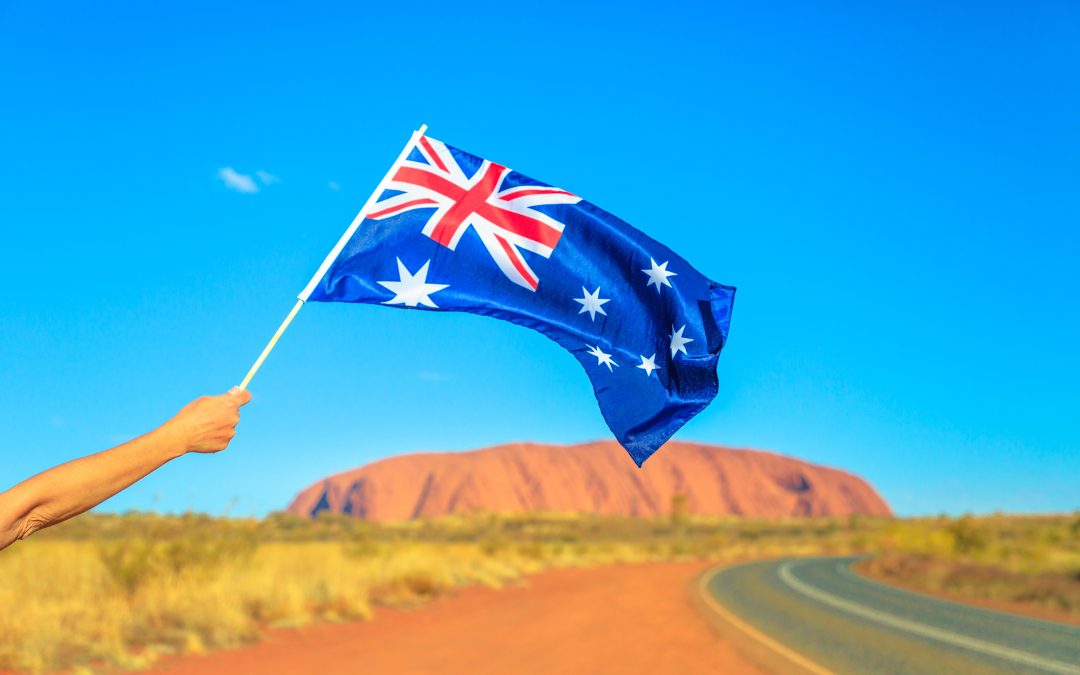
Australia Day has been and gone and once agaIn much of the joy has been sucked out of it. The debate ramps up annually as to whether the date is right or wrong, and the parade of the naysayers is gettIng bigger than any celebration of our mighty nation. That’s sad and unnecessary right now.
Whether there is justification for changing the date, I reckon there are some major issues we must resolve with our brothers and sisters amongst our First Peoples before we try handling this one.
As we have said in these pages previously, we must gain a greater understanding of each other and our shared humanity in this place before we move down some of these fraught alleyways. Let’s just recognise how lucky we are that we share this continent, at this time. The Power of Now.
Let’s just recognise how lucky we are that we share this continent, at this time. The Power of Now.
I say this having recently read an article by Matt Ridley in the UK Spectator of 21st December 2019. He states that we in the second decade of the 21st Century are living through THE GREATEST IMPROVEMENT IN HUMAN LIVING STANDARDS IN THE WORLD. A quick Google of Mr Ridley shows that he is The Viscount Ridley! He is a Conservative Hereditary Peer and appears to be a bit of a polymath. But there’s nothing wrong with being a “Rational Optimist,” which is part of the title of one of his books.
I note without delving too deeply into some of his reckoning and analysis, the following:
Extreme poverty has fallen below 10% of the world’s population for the first time. It was 60% when he was born, 61 years ago;
- Child mortality has fallen to record low levels;Famine virtually went extinct;
- Malaria, polio, and heart disease are all in decline;
- Some nations are beginning to use less stuff: less metal, less water, less land. ie less stuff overall.
- Mobile phones have the computing power of room-sized computers of the 1970s and totally replace cameras, radios, torches, maps, calendars, watches etc;
- LED bulbs consume consume about a quarter as much electricity as incandescent bulbs;
- Modern buildings contain less steel and more of it is recycled;
- Water usage is half as much as forecast in the 1970s because of human inventiveness allowing more efficient irrigation for agriculture, the biggest user of water;
- Efficiencies in agriculture as the world approaches peak farmland, meaning productivity of agriculture is rising so fast human needs can be supplied by a shrinking amount of land;
- The world has discovered that its resources of metals, minerals, and fuels are not finite. We will not run out of them. They haven’t even become scarce. Ridley believes technology has put us on a path to a cleaner, greener planet.
When People ask Ridley about the bad stuff – recessions, Syria, Ukraine, euro crisis, (and I’d better throw in Coronavirus) – his come back is that bad things happen while the world still gets better.
So there we have it. Some will say but this is not Australia and I agree. We have our own major issues such as droughts, and fires and overriding this around the world is the question of Climate Change. All of them rightfully consume our thinking.
But on reflection I wanted to look at the positive side of life (as the Monty Python crew so aptly did and the memory this week of Terry Jones reminded us). Man intuitively has an ability to overcome massive setbacks caused mainly by the “bad guys.” The good guys are just out there doing good things and finding a way.
Man intuitively has an ability to overcome massive set backs caused mainly by the “ bad guys.” The good guys are just out there doing good things and finding a way.
And fortunately over and above all of this, we live in Australia. It’s beauty, it’s clean air, it’s breadth and depth, it’s stunning fauna and flora, it’s relatively small population, our democratic institutions, our beaches, our people. Imagine if Viscount Ridley lived here. He’d be off the Richter with praise.
Not every person is equally lucky and I acknowledge that. But I heard something very special at a breakfast this morning from a fellow who works with disadvantaged kids. I loved it and we can all do it. “Do you know what the best exercise is? Bend down and pick someone up.” Simple philosophy, as many of the best ideas are.
Author’s Bio
Gareth Andrews - Founder and Director of Life Again, a registered Not for Profit charity that educates and helps men to change and lead more fulfilling and purposeful lives. Through writing, public speaking, taking men to the Outback and working with Aboriginals, workshops and personally challenging men.
OUR TOP FIVE PRACTICAL ACTIONS WHEN YOU'RE DOWN AND OUT
OUR TOP FIVE PRACTICAL ACTIONS WHEN YOU'RE DOWN AND OUT
By Gareth Andrews
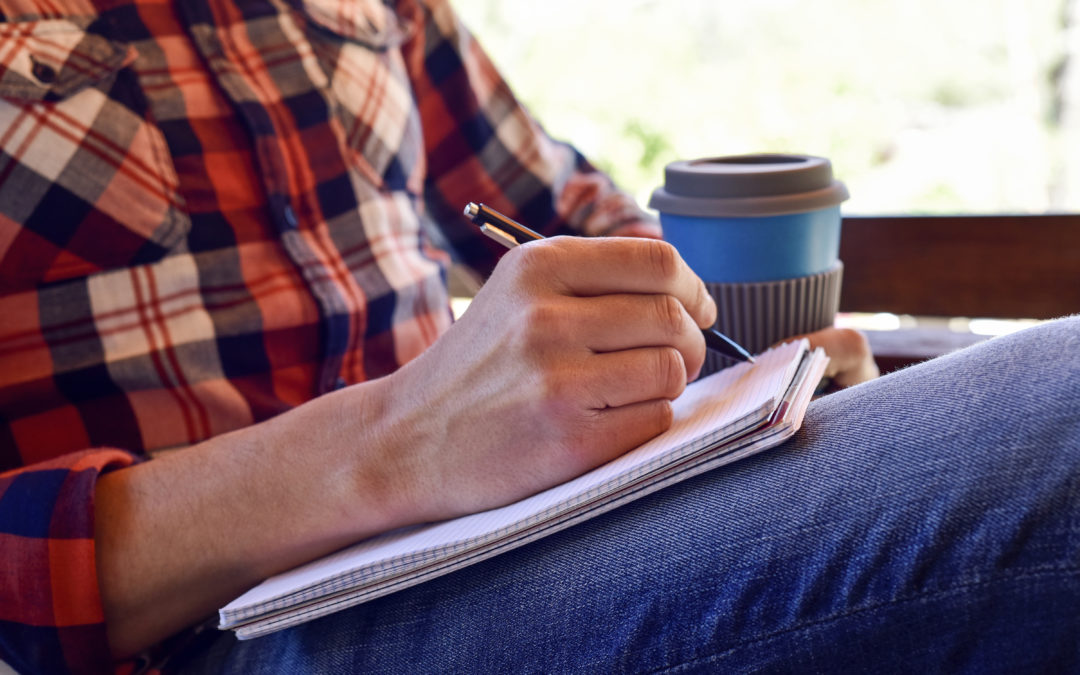
An article by Wendy Squires that appeared in The Age recently is part of a movement that disrupts the stigma around mental health.
Squires spoke about the key aspects that have helped her out when she was feeling life had taken her back to dark places she had been in before. She talked about the lessons she has learnt to get herself out of the mire.
This falls in line with Life Again’s philosophy when people struggle in mid-life with life’s increasing challenges.
One of the important ways of overcoming this period is to becoming more self-aware and learning the ways of handling the ‘funk.’
At Life Again, we use the phrase “Feeling Shithouse” for people to open up a dialogue with themselves and others.
Wendy Squires had some key observations which are simple and practical to get herself back on track and we felt inspired to come up with our own.
Here are our top 5 practical actions when you’re down and out:
1. Limit drinking
When you’re heading deeper into a funk, it’s easy to feel overwhelmed, stressed and flat. And alcohol has that effect of exacerbating your state of mind, emotions and perspective. So when you’re feeling sh#thouse, leave it out.
2. Prioritise sleep
Sleep is such an underrated tool in feeling optimal mentally. Giving yourself the right amount of shut eye a night will allow you to feel more clear, calm and in control of your decisions and thought processes and grounded.
3. Focus on Good, Quality Food
With what we now know about the gut-brain connection, what we eat directly influences your mood and state of mind. Fuelling yourself with healthy food like lean protein, veggies and fruit will give your body the right nutrients so your brain and body can function.
4. Connect With Others
It’s usually the case, when you’re feeling sh#thouse, you don’t want to reach out to anyone or feel like you’re burdening your friends or family. But did you know it’s the most critical time to connect with others, whether that’s with family, friends, your local community or nature.5. Give Back
Giving back is part of our three pillared approach and an evidence based way to get yourself out of a funk quickly. You can use platforms like Becollective which finds current opportunities to give back and tracks your hours of doing good.
It’s never too late to pull yourself out of a funk when you’re having trouble grappling with life.
Author’s Bio
Gareth Andrews - Founder and Director of Life Again, a registered Not for Profit charity that educates and helps men to change and lead more fulfilling and purposeful lives. Through writing, public speaking, taking men to the Outback and working with Aboriginals, workshops and personally challenging men.
